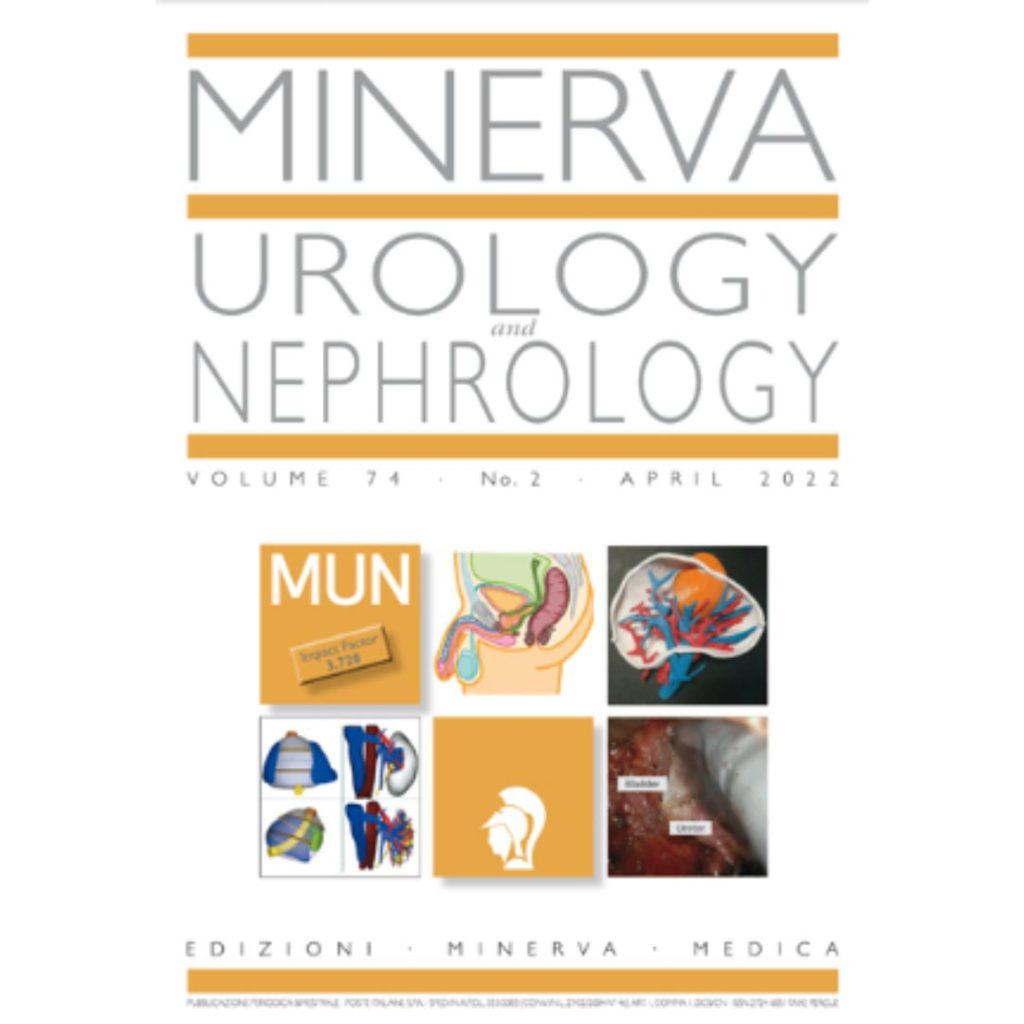Emergent Versus Delayed Lithotripsy for Obstructing Ureteral Stones: a Cumulative Analysis of Comparative Studies

Emergency Extracorporeal Shockwave Lithotripsy as Opposed to Delayed Shockwave Lithotripsy for the Treatment of Acute Renal Colic Due to Obstructive Ureteral Stone: a Prospective Randomized Trial

If the patient is on a pacemaker, will the ESWL affect the pacemaker?
A cardiologist will decide if you can have ESWL.
What are the risks in using ESWL specifically with pediatric patients – young children or babies who have kidney stones (from infant to 2 years old)?
ESWL is a good treatment option for children because it allows for minimization of anesthesia and radiation exposure. Also, children have less flank pain than adults with kidney stones in general, because they pass the stones easier. Children 2 years and younger expel stones better than adults.
Can ESWL effectively break up stones at all levels of the ureter?
Yes, ESWL is highly effective for treating ureter stones. More than one session may be needed to completely remove the stone.
What are the risks of the ESWL procedure?
It is possible that the kidney stone may not be completely removed. You may experience bruising, grazing, or blistering of the skin where the shockwaves have passed through.
Are there any side effects following a lithotripsy procedure?
The patient may experience: Urine in the blood Some pain as you pass the pieces of kidney stones
What is the stone-free rate using ESWL compared to laser?
Lingeman and Newman indicate 95% stone-free rate for stones <1cm and 87% for stones 1-2 cm (1990). According to one studyin the Oman Medical Journal, the stone-free success rate of lithotripsy is 74% for kidney stones and 88% for ureter stones (2013).
What happens following a lithotripsy treatment?
A couple of hours after the procedure, you may be able to go home. Make sure someone can take you home. There are medicines available to ease any pain or discomfort you may have. The doctor treating you will consider how well your kidney is functioning before prescribing any medicines, as certain medicines can cause […]
What can a kidney stone patient expect during a lithotripsy procedure?
The treatment itself takes about 30-45 minutes. You will most likely wear a hospital gown and undergo the procedure in a hospital setting. You may not be awake for the procedure. The acoustic waves travel into the body, breaking up the stones into very small pieces.
Is lithotripsy treatment painful?
The treatment is not painful, especially if your doctor puts you under a light or local anesthesia.
What can a patient expect before a lithotripsy procedure?
Physical exam by a doctor or specialist, urologist X-ray , ultrasound , or CT scan to determine the thickness, depth, and location of the stone(s) The doctor needs the x-ray to be completely up-to-date before the procedure. He/she will need to review the position and type of stone being treated to ensure the most effective […]
Aside from clinical considerations, is ESWL a more cost-effective treatment for kidney stones than laser?
Dr. Ran Katz, Head of Urology at Ziv Medical Center and Bar-Ilan University, says yes. Stone per stone, laser and other treatments generally require follow-up procedures that are not necessary with ESWL.
Why choose Lithotripsy over other stone procedures such as Percutaneous Nephrolithotomy (PCNL) or Ureterorenoscopy (URS)?
ESWL requires: Few to no follow-up procedures 1-day hospital or ambulatory Effective for children & infants Less pain than other procedures Less UTIs Local or no anesthetics required Lower ER admission rate Shorter treatment time Lower to zero exposure to x-rays (since ultrasound is an option)
What are the main causes of kidney stones?
Combination of drinking insufficient water & having a modern high-sodium diet Genetic tendency to create stones Kidney stones are created when minerals and salts in urine crystalize, combine together, and form stones. They can cause pain and even infection when they block the urinary tract system.
Who is NOT a candidate for lithotripsy?
People with bleeding disorders, infections, severe skeletal abnormalities, or who are morbidly obese are usually not good candidates. Pregnant women with stones are not treated with ESWL. Also, if your kidneys have any abnormalities, your doctor may decide you should have a different treatment.
Who is a candidate for lithotripsy?
Patients who have a kidney stone(s) smaller than 2 centimeters or 1 inch are generally the best candidates for ESWL a.k.a. lithotripsy.
What is lithotripsy?
Lithotripsy is also known as Extracorporeal Shock Wave Lithotripsy (ESWL) The Greek roots of this word lithotripsy are “litho” meaning stone, and “tripsy” meaning crushed. Extracorporeal means outside of the body, and a shockwave is a pressure wave created by high-energy acoustic waves. These waves can be generated either by hydraulic or electromagnetic power. Lithotripsy […]
Intracorporeal Lithotripsy of Large Calcium Oxalate Monohydrate Bladder Stones with the Lithospec Device

Dr.-Perugia-Congress-Journal-Of-Endourology-Sept-2000
Is Intravenous Urography a Prerequisite for Renal Shockwave Lithotripsy?

Experience with 500 Extracorporeal Shockwave Lithotripsy Patients Using a Low-cost Unit: the “Econolith”

Does Shock Wave Lithotripsy of Renal Stones Cause Cardiac Muscle Injury? A Troponin I-Based Study
